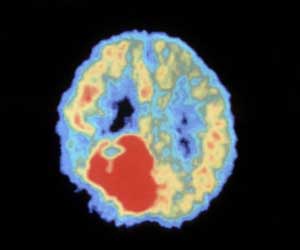Q: Who should I consult when I have symptoms like memory loss, headaches and seizures?
A: These symptoms can be seen in many disorders that affect the brain, hence you should first consult your general practitioner who will look into the possible conditions and if tumor is suspected then a referral will be given to the neurologist who will conduct further investigations.
Q: What is the prognosis of Astrocytoma?
A: The prognosis of a brain tumor depends largely on type of tumor, location and grading of tumor. Following treatment prognosis cannot be delivered with certainty; it is an ongoing process that needs to be explained to the patient. In children, 90% or more survive up to 5 years after surgery in low grade tumors and in adults with grade 2 tumors more than 40% live more than 10 years and with grade 3 tumors 27% of people live for 5 years or more.
Q: How can I prevent Astrocytoma?
A: The causes of Astrocytoma are linked to genetic mutations in certain genes. There are modifiable and non-modifiable risk factors that are often linked to these genetic mutations. Certain modifiable risk factors include:
Exposure to carcinogenic agents like dyes, alkalis, solvents, pesticides and ionizing radiations.
Q: What is bio banking?
A: During biopsy the brain tumor tissue is collected and stored for future use. This system is called bio banking and is a means for enabling research in this dimension to enable understanding of the condition and work on newer treatments. Such a system is not presently in commission as hospitals are unable to do so without proper ethical approval These are future measures that can improve the scope for research.
Q: What is MGMT methylation test?
A: The methyl guanine DNA methyl transferase (MGMT) test is done to determine the methylation status of the MGMT gene. If the gene is methylated, the response to alkylating agent temozolomide chemotherapy is much better and this is considered a favorable prognostic marker when chemotherapy or even radiotherapy is considered.











